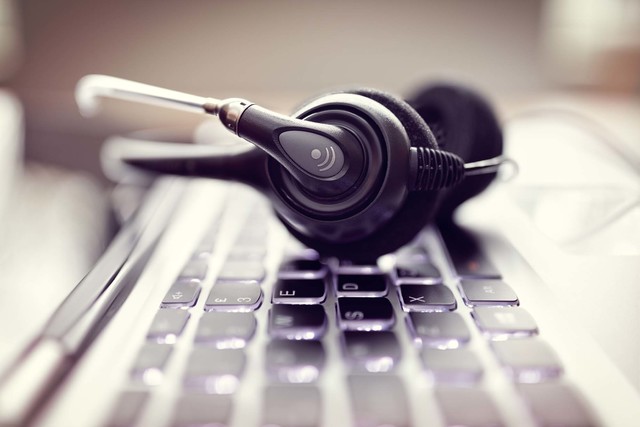Reader says 311 ‘didn’t serve its purpose’ after repeated calls went unanswered

Most of the crime stories the Las Vegas Review-Journal prints involve life-and-death situations. But that’s not the only interaction readers have with police.
What happens if you’re trying to report a non-emergency — calling 311 instead of 911 — but never reach anyone?
That happened to reader Gary Snodgrass, who was kept awake by a neighbor’s “really, really loud party” on a recent Saturday night. Snodgrass was quick to say this wasn’t the average get-together — his neighbors had karaoke and a live band playing.
But when he and his wife called 311 about 2 a.m., they were on hold for 35 minutes. They hung up and tried again, only to be on hold for another half hour.
“For a 311 type of situation, which is not an emergency but something significant you want addressed, I think 10 minutes is OK (to be on hold),” Snodgrass said. “But if you’re waiting 35 minutes, you’re at the end of your rope. We gave up after the second time.”
Snodgrass acknowledged that there are more pressing matters than loud parties, but he wanted to make a point.
“They’ve created the 311 service for a purpose. In our case, that particular evening, it didn’t serve its purpose. I don’t know how widespread this is, but I think somebody needs to do something.”
Michael Rodriguez, with the Metropolitan Police Department, advised that callers not hang up while waiting to speak with call-takers, because hanging up automatically bumps them to the bottom of the queue.
Rodriguez said wait times depend on when a person calls (say, Saturday night v. Sunday morning). Metro’s call-takers are scheduled based on peak call times, but it’s not a science, and huge events like the fire at the Monte Carlo in January 2008 can cause calls to surge.
“We have a finite number of resources in terms of human capital,” Rodriguez said. “The priority is to answer those 911 calls.”
He noted that Metro is in the process of hiring more dispatchers.
The nature of 311 calls also contributes to longer hold times, Rodriguez said.
“Usually on 911, theoretically, it’s an emergency-type situation. We get the information, we have officers on the way, and that’s how we handle the call,” he said.
But with 311, people call for everything from directions to advice, or sometimes, just to talk.
“The design of the system allows you to — at any time of any day — be able to talk to somebody. So that’s very good, but that can be bad,” he said.
“You have to deal with certain people, who perhaps have a mental illness, or who just want to talk. Those people — you can’t blame them. They don’t understand,” he said, pausing. “Can we really fix that?”
Tim Szymanski, with the Las Vegas Fire Department, said it’s an education issue.
“It happens on an occasional basis,” he said. “People just don’t have any idea who else to call.”
Vegas Vice appears every other Saturday. Contact Rachel Crosby at rcrosby@reviewjournal.com or 702-387-5290. Follow @rachelacrosby on Twitter.